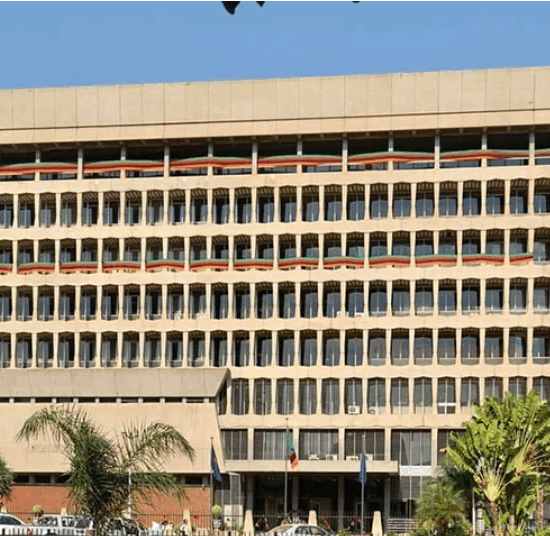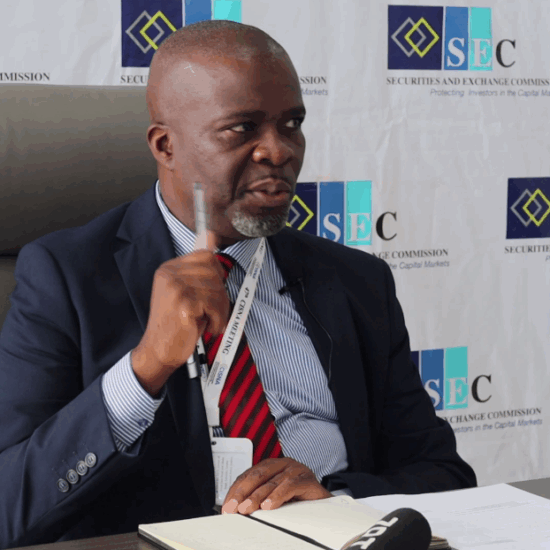
The Zambia Institute for Policy Analysis and Research – ZIPAR, a think tank organisation has disclosed that Zambia has since 2012 not yielded a positive economic growth rates despite the massive infrastructure investments being undertaken across the country.
Research findings by ZIPAR indicates that Zambia’s growth rate since 2012 has slowed down from the highs of about 7.6% to about 3.6 % in 2018 and that this years’ growth rate has been projected to further slow down to about 2 to 3 %.
Speaking during a seminar held in Lusaka on 12th September, 2019, ZIPAR Acting Executive Director Caesar Cheelo says there is need to cover infrastructure development gaps to help address poverty and improve inclusive development if the country is to recover macroeconomic resilience growth in the economy.
Cheelo said while public expenditure has been high through increased level of debt and debt service burden, it has not resulted in the expected increased economic growth rates, adding that, the massive fiscal expansion and borrowing has not unlocked greater economic growth rates.
“The economy is struggling to create jobs and industrialize. Over the time, the fiscal expansion has resulted in fiscal deficits that have been persistently higher than programmed, rising public debt stock, an escalating debt service burden and heightened risks of debt distress, which have muted economy growth rate,” he said.
At the same event, ZIPAR researcher Mbewe Kalikeka said there is need to reduce on public expenditure stating that optimal use of public resources is crucial in the country’s ability to stabilize the economy and put it back on the sustained and inclusive growth path.
Mbewe notes that government’s wage bill has been the single largest expenditure item on the annual budget adding that the Economic Stabilization and Growth Programme 2017 -2019 – ESGO has to this effect acknowledged that the budget had over time eroded the fiscal space for funding other developmental programs and infrastructure.
Analysts have however pointed out that the lack of direct impact of the infrastructure investments into the current economic growth rates may be attributed to a lagged effect that comes with capital investments, while others have questioned that way the current national Growth Domestic Product – GDP is measured with the government announcing that it would rebase and recalibrate the GDP, an exercise that has dragged but was due to be done this year 2019.







